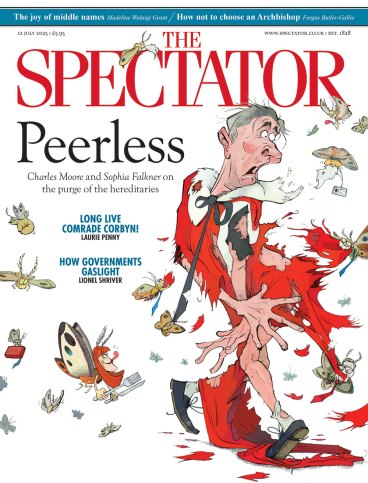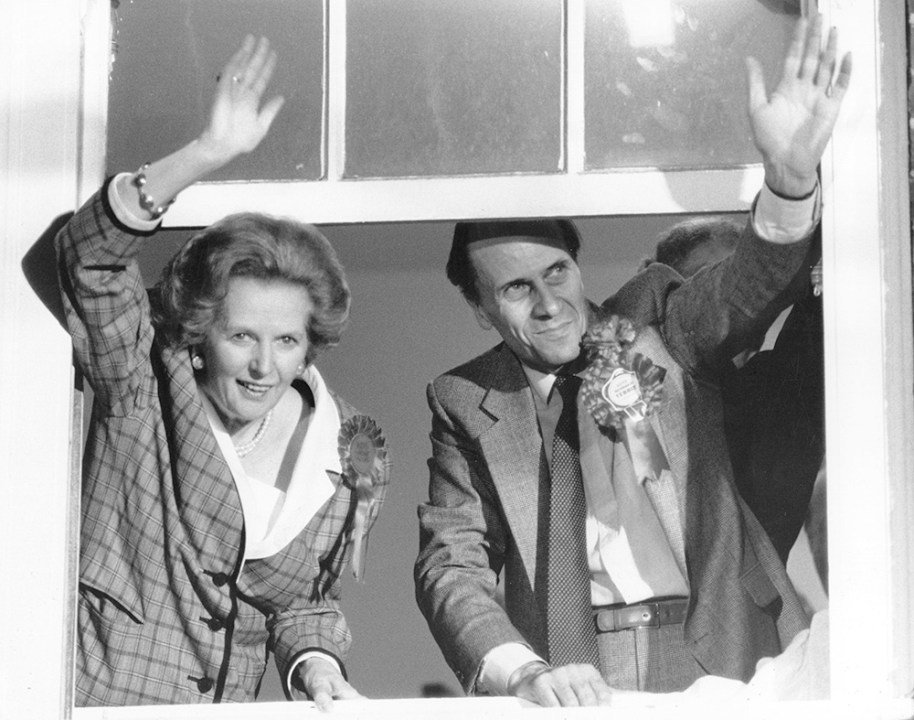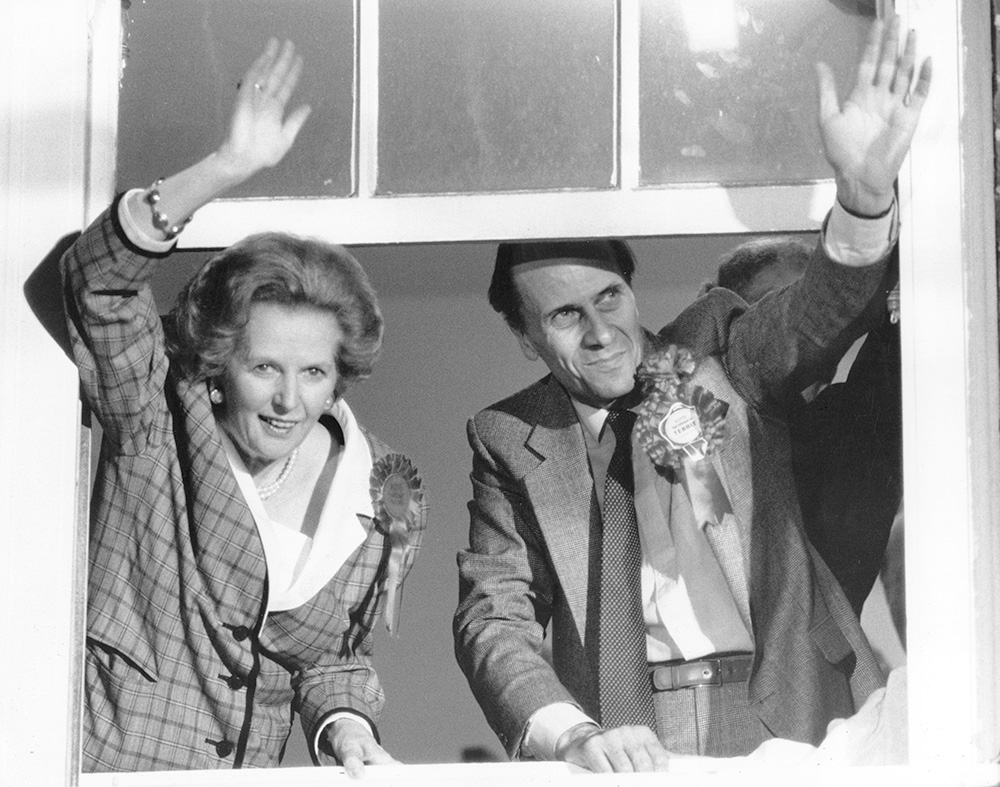
My first job in government was working for Norman Tebbit as his special adviser in the Department of Trade and Industry. I received the call 41 years ago, in the summer of 1984, and it was agreed that I would join him immediately after the Conservative party conference concluded that year in Brighton. He was already a hero of the Margaret Thatcher government. But few saw as close up as I did just how much courage – and compassion – Norman, who died this week aged 94, had.
On the final day of that conference, in the early hours, an IRA bomb exploded in the Grand Hotel. Republican terrorists had nearly succeeded in murdering the Prime Minister. Norman was badly injured, enduring the agony with stoicism. However, his wife, Margaret, suffered worse and was left paralysed from the neck down. It was only through good fortune that she survived at all.
Norman was determined to continue running his massive department but was equally clear that he needed to be there to support his wife. As a result, a private office was set up at RAF Northolt and I and his private secretaries would travel to see him in his bed at Stoke Mandeville Hospital.
He did all he could to balance his loyalty to his wife with his loyalty to his other Margaret, the Prime Minister. Eventually he concluded that he could not manage both and chose to step back from politics to care for his wife, which he did for the rest of her life.
That commitment to doing the right thing instilled a feeling of loyalty in those around him. Working for Norman was always fun, as he had a mischievous sense of humour. In opposition, he delighted in tweaking the tail of the dying Labour government through parliamentary guerilla warfare which he waged with his fellow Thatcher loyalists Nicholas Ridley and Ian Gow. Norman was a master at crafting provocative questions and introducing bills such as his Limitation of Legislation Bill, which required that any new bill could only be introduced alongside the repeal of an existing act.
As his special adviser, my duties were sometimes unusual. In preparation for a question from a Labour MP on support for the car industry, he had me go to the car park of the Transport and General Workers’ Union and count the number of foreign cars. He then delighted in listing the number of Mercedes and BMWs that were parked there, against those made by the British manufacturers Vauxhall, Ford and Rover.
That patriotism and the willingness to take the fight to the enemy were part of Norman’s success – and he was the engine of the government’s economic reforms. He started his life as a trade unionist and yet went on to be Thatcher’s secretary of state for Employment, dismantling trade union power in the process. Although he was secretary of state for Trade and Industry for less than two years, he pushed through a programme of radical privatisation which saw British Steel, British Shipbuilders, British Leyland and British Aerospace released from public ownership.
Norman became chairman of the Conservative party in 1985 and was in his element as the party’s attack dog, taking on Labour in the TV studios. His sometimes aggressive style led to the satirical TV show Spitting Image portraying him as a leather-jacketed bovver boy. Rather than resenting the attack, he revelled in it. The former pilot knew that you’re only taking flak if you’re over the target.
Tebbit ran the 1987 general election campaign which delivered Thatcher a majority of 102 MPs. However, the campaign led to tensions between him and Lord Young, who had also been appointed to advise on the campaign. It was after this that he decided to retire from government. As a result, Thatcher lost one of her most devoted supporters. When Geoffrey Howe resigned from the government in 1990, I was by then political secretary to the Prime Minister and helped to persuade her to ask Norman to return to the front bench. However, after agonising, he did not feel he could do so and still give his wife the care she needed.
So, although Norman survived the bombing, he, his wife and the country were all victims of the IRA. If he had returned to government in 1990, he may well have prevented the slow loss of confidence in the Prime Minister among MPs which led to her downfall. And when she did eventually stand down, if he had chosen to, he would have been a frontrunner to succeed her. I believe he would have been a great prime minister: resolute, radical, honest, unafraid.
He did not, because he had resolved to put his family first, and that decision – his loyalty to his wife, and his principles – only reinforces my belief that he would have made an outstanding prime minister. In his example there is a lasting legacy for my party, and our country.
Cheers for Mr Tebbit
The late Norman Tebbit happened to be a director of The Spectator when in 1990 he made his instantly notorious ‘cricket test’ remarks: to the effect that if a British subject cheered for say, India, in a cricket match against England (the Indian team, as now, was then playing a Test series here), he could not be considered a loyal subject or properly assimilated into the British way of life.
We immediately published a leading article – ‘No cheers for Mr Tebbit’– which was as complimentary about his remarks as the headline suggests, and it included the observation: ‘Mr Tebbit is in danger of confusing Yobbo chauvinism with citizenship.’ At the next board meeting, Tebbit, looking straight at me (the responsible editor) with apparent menace, said: ‘Mr Chairman, I wish to address the matter of the recent leading article “No cheers for Mr Tebbit”.’ After a measured pause, he then declared it was a tribute to the editorial independence of The Spectator that its editor felt free to ‘traduce one of its directors’, and that this independence was part of the reason for the magazine’s great success.
I took it as an act of admirable principle; but it was also a measure of the man, a much more generous-spirited person than his public image.








Comments